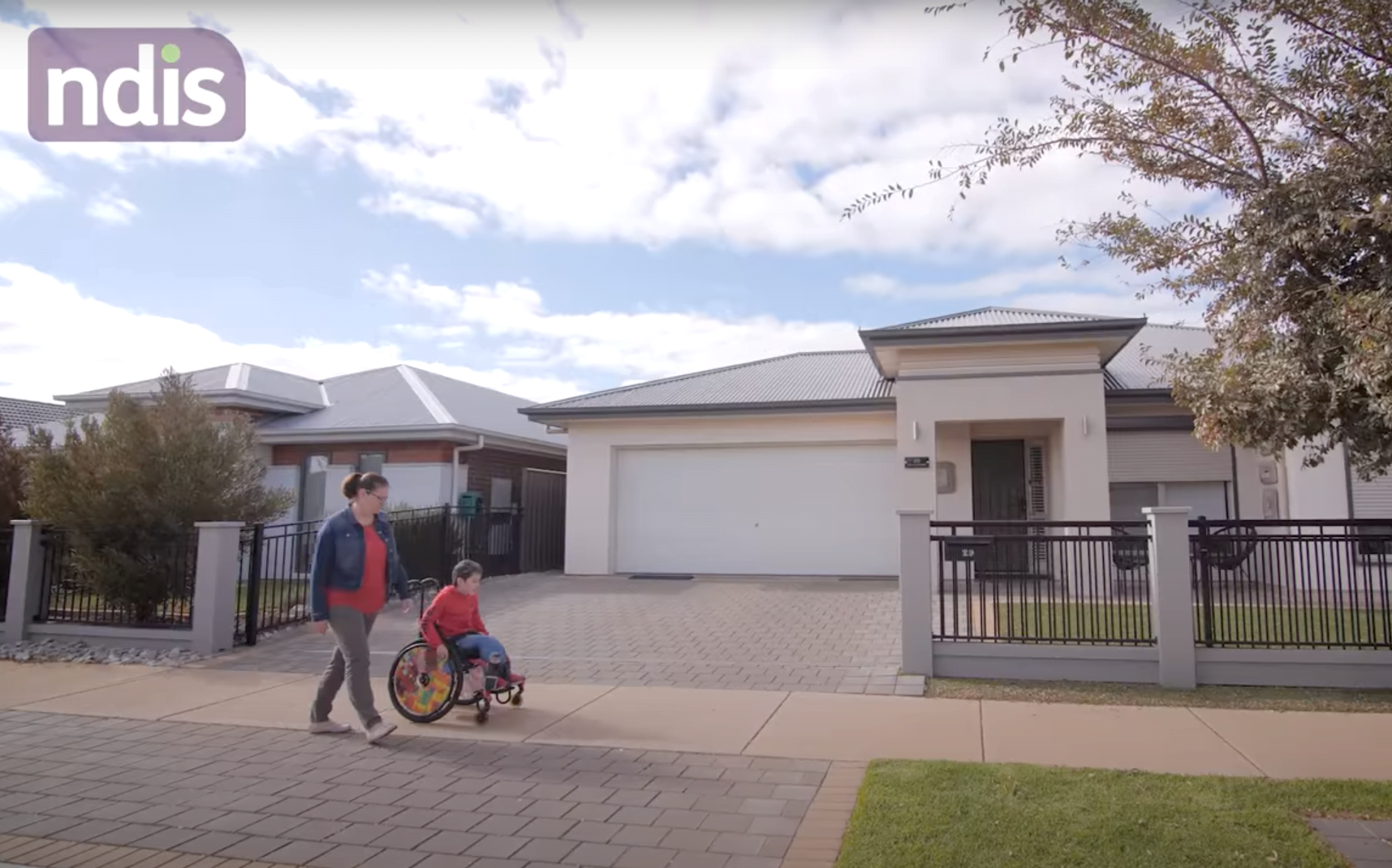Is renting and investing smarter than buying a home in Australia?
Two of the most common questions I get asked are, “When is the perfect time to buy—during a market crash or when it cools off?” and “Do I buy to live in, or do I rent and invest I property?”
My answer, regardless of market conditions or long-term trends, is that there’s no perfect time to buy. While factors like location and property type do matter, I’ve seen too many people miss out simply because they waited, hoping for better timing, only to see prices rise again.
The other is an age-old question, “Do I buy to live in, or do I rent and invest in property?”, the answer to this one is more nuanced and has become more relevant than ever in Australia, especially with the ongoing debate about negative gearing. Homeownership has always been a cornerstone of the ‘Great Aussie Dream,’ but rising property prices and short-term focused tax policies may influence many to reconsider their answer.
Stability and potential for growth
Owning a home provides long-term stability and the chance to build wealth through property appreciation. With no rental increases to worry about, homeowners also gain emotional security, knowing that they have a place of their own. Over the last 10 years average house prices in Sydney, Melbourne, Brisbane and Adelaide have increased by an impressive 80-100%.
However, the initial financial burden of buying a home can be steep. Deposit requirements, legal fees, and historically high interest rates can make homeownership a heavy commitment. Housing markets can also be unpredictable especially if you aren’t living in a capital city. As reported by a recent Core Logic report, the value of houses in almost 30 per cent of Australian suburbs has fallen across the three months to August 2024.
Flexibility and diversified investment opportunities
Renting offers greater flexibility and significantly lower upfront costs compared to homeownership. Renters can live in desirable areas without the hefty price tag of a mortgage, while freeing up capital for other investments. Renting also allows for more geographic mobility, which is ideal for people who may need to move frequently for work or lifestyle reasons.
The rent-and-invest strategy enables renters to channel their savings into various investment opportunities, potentially leading to higher returns than owning a single home. However, if negative gearing is scaled back, property investment may become less attractive, particularly if landlords can no longer offset rental losses against their income, leading to fewer rental properties in the market and higher rents, impacting renters.
Potential impact of negative gearing changes
The Albanese government has hinted that negative gearing could be reformed to address housing affordability and Treasury is reportedly modeling possible policy changes, such as capping the tax breaks rather than eliminating them entirely. Economists like Saul Eslake argue that negative gearing has disproportionately benefited wealthier Australians, contributing to inflated property prices, and capping it would help level the playing field for first-time homebuyers.
On the other hand, critics warn that any reduction in negative gearing could reduce the supply of rental properties, pushing up rents and exacerbating the rental crisis. This makes it crucial for potential investors and renters to carefully consider how upcoming policy changes may influence the property market.
Whether negative gearing changes are taken to the next election and regardless of your decision, staying informed about policy changes and consulting with professionals will be crucial to navigating the ever-evolving real estate landscape.
You May Also Like
These Related Articles

Variable vs Fixed Rate Home Loan
It’s finally happened. The Reserve Bank of Australia (RBA) has raised the official cash rate for the …

How Self-Employed Australians Can Avoid Mortgage Stress
Unsurprisingly, self-employed Australians are feeling the relentless squeeze of rising cost-of-livin …

NDIS Investment Loans
First things first. Just what is the NDIS? The NDIS, or National Disability Insurance Scheme, is a s …